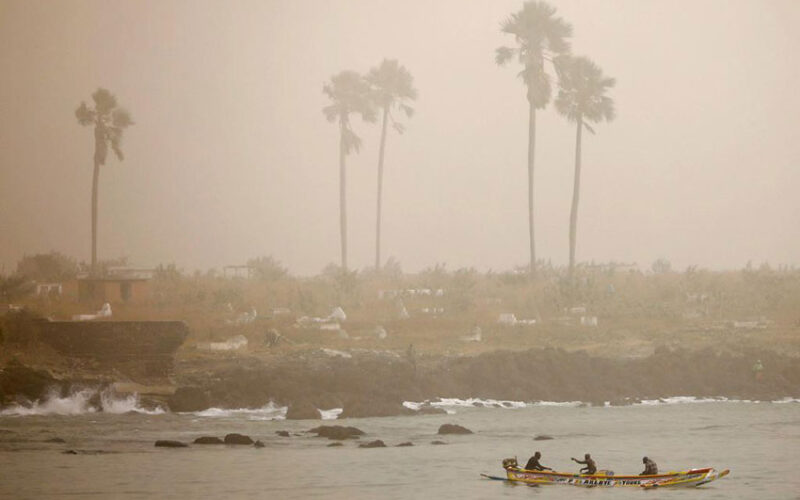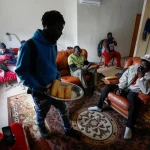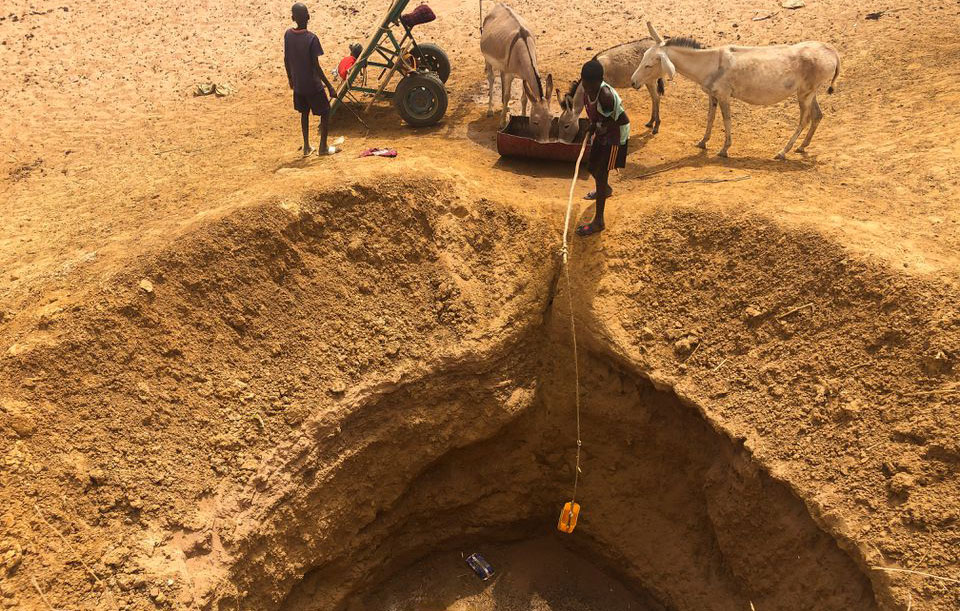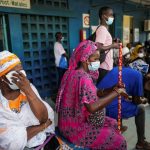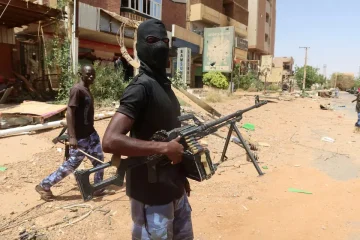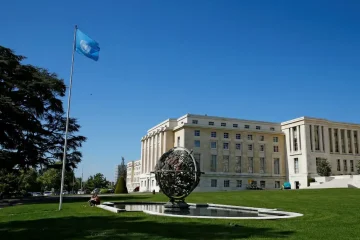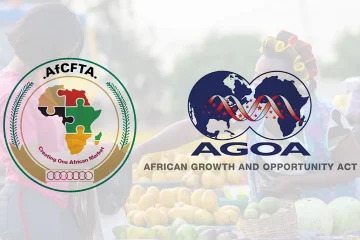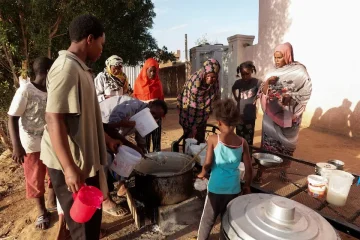A cloud of dust brought by dry winds from the Sahara has settled over much of West and Central Africa, reducing visibility, choking residents, and disrupting fishing in the Senegal’s capital Dakar.
Each year, dry, dusty winds sweep in from the Sahara and cover much of West Africa and the Gulf of Guinea. The yearly phenomenon, known as the Harmattan season, runs from November through March.
“Those who have toddlers with poor health like mine, who is not yet one year old, cannot work properly,” said Khoudia Ndiaye, who sells fish at a market in Dakar. “Yesterday I couldn’t work because of the dust, I had to go home.”
The hazy weather has blanketed Senegal’s capital since the start of the week, coating the city with fine dust particles that have prompted health and air quality warnings from the environment ministry.
In a statement, the ministry urged people to curb outside sporting activities and suggested that children, the elderly and those suffering from respiratory problems remain indoors. The importance of wearing face masks, which have become commonplace in the COVID-19 era, was reinforced.
Authorities in Cameroon this week also warned that a huge plume of Saharan dust carried by Harmattan winds was expected to hit its three northern provinces, reducing visibility. It urged residents not to travel.
The dust cloud in Senegal reduced visibility to a few dozen metres, leading to a reduction of fishing, an essential source of income for many families, along Dakar’s shoreline.
At Soumbedioune, one of the city’s main fish markets, a few fishermen loiter around the shipyard. A barely visible red flag flutters in the wind.
“You can see the red flag behind me indicates that it is still dangerous,” said Moustapha Ndoye, the head of the fishmongers’ association.
Some fishermen have been unable to fish for several days, he added.

